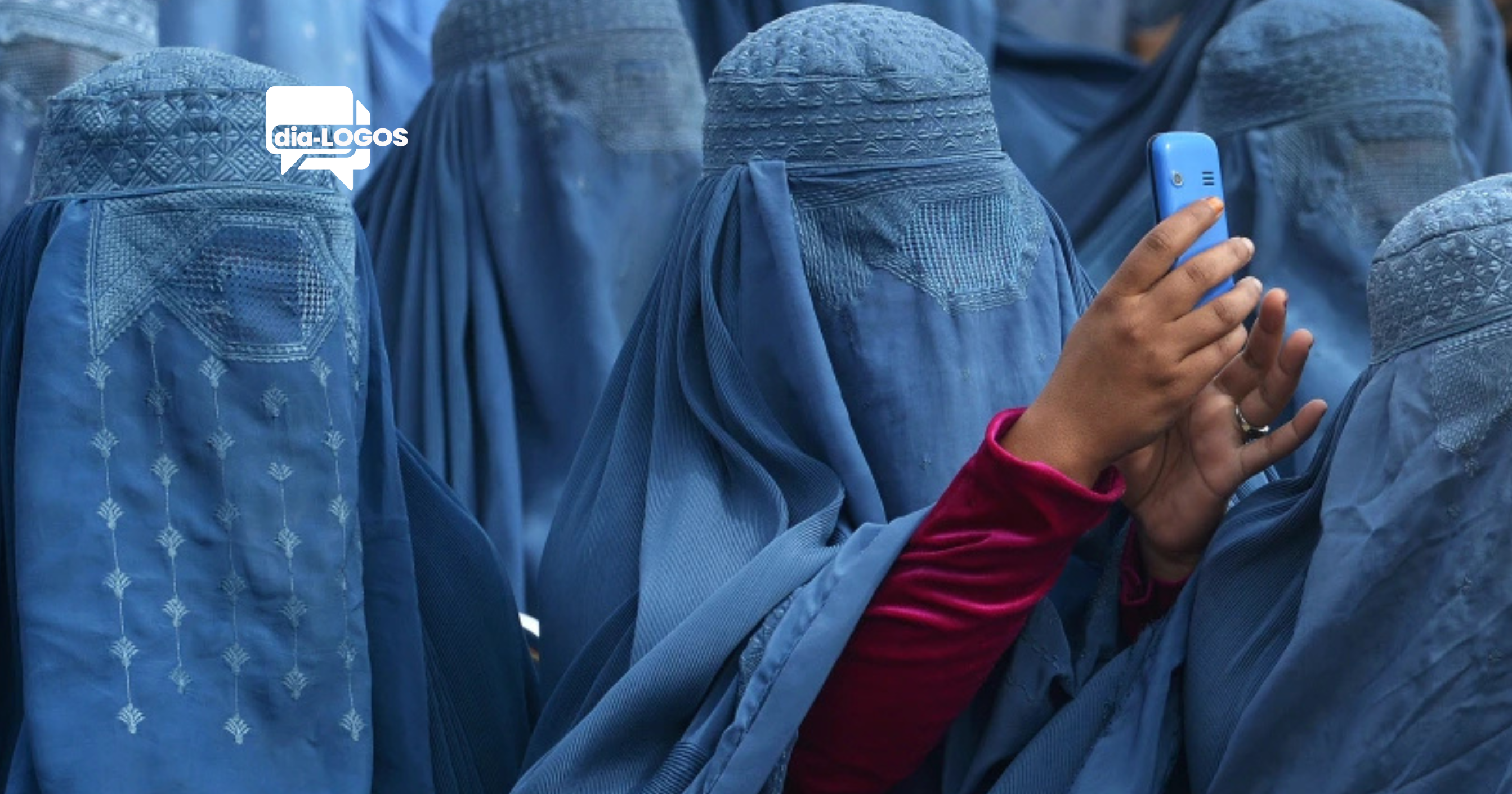Written by Stefan van der Berg
She used to study midwifery online. Her sisters joined her, each clinging to a fragile thread of hope. Then, one morning, the screen went black. No warning. No explanation. Just silence.
In September 2025, the Taliban imposed a sweeping internet shutdown across Afghanistan by severing fiber-optic lines, silencing mobile networks, and cutting off the last lifeline for thousands of women. For many, online learning wasn’t a luxury. It was survival.
“We all sit at home doing nothing,” one student said. “The world feels dark to me.”
This isn’t just a political move; it's a
calculated act of control. And it demands our attention.
The Situation
According to NetBlocks and Kentik, Afghanistan’s connectivity dropped to just 14 percent of normal levels, indicating a near-total blackout.
At least 12 provinces were affected,
including Balkh, Kunduz, Badakhshan, Takhar, Kandahar, Helmand, Nangarhar,
Uruzgan, Herat and Parwan. An estimated 60,000 women who relied on
online platforms for education and income were cut off from digital access.
This wasn’t a simple flip of a switch. The Taliban’s Ministry of Communications ordered Afghan Telecom and major private internet service providers (ISPs) like Roshan to disable fiber-optic services. Physical security forces were deployed to key infrastructure hubs to ensure compliance.
In several provinces, fiber-optic cables were physically severed, leading to a complete shutdown of both internet and mobile services, which rely on the same backbone.
The Taliban claimed the move was to prevent “immoral
activities.” But the technical evidence points to a centrally coordinated
disconnection, one that silences voices, severs futures, and isolates women
from the outside world.
Impact on Women
For Afghan women, the internet was more than a tool; it was a thread of dignity. It offered education, income, and connection in a world that had already closed its doors.
Now, even that thread is gone.
This isn’t just about lost connectivity. It’s
about lost momentum, lost identity, and lost hope. For many, the internet was
the last space where they could learn, earn, and speak freely. Its absence is
not just inconvenient. It’s devastating.
The Church Under Pressure
Afghanistan ranks at number 10 of the top 50 most hostile nations toward Christianity. For Afghan believers, nearly all of whom are converts from Islam, faith is not just private. It’s dangerous. Conversion is seen as betrayal, both religiously and culturally, and under Islamic law, it can carry a death sentence.
Since the Taliban’s return to power in 2021, these laws have been enforced with growing intensity. Families, tribes, and local authorities often respond to conversion with threats, violence, or worse, all in the name of preserving honor. For many, fleeing is the only option. Women and ethnic minorities face even deeper layers of oppression, and Christians within these groups live under pressure that’s hard to imagine.
House churches remain hidden. Faith is
whispered. And the risk of discovery, by family or government, still carries
the weight of abuse, exile, or execution. The underground church continues, but
not because conditions have improved. It continues because hope refuses to die.
Conclusion
Afghanistan’s blackout is more than a loss of signal; it’s a warning. It reminds us that oppression doesn’t always arrive with guns and chains. Sometimes, it comes through silence. Through cables cut in the night. Through screens that no longer light up. And yet, even in that silence, the voices of Afghan women and believers persist.
Hidden, pressured, but not erased. Our response must be just as persistent, informed, prayerful, and unwavering. Because when the world goes dark, light must come from somewhere.
Prayer Points
- Pray
for secret believers: Ask God to shield those who follow
Christ in secret. In a land where faith must be whispered, may He be their
refuge, their strength, and their sustainer.
- Pray
for secret believers: Ask God to shield those who follow
Christ in secret. In a land where faith must be whispered, may He be their
refuge, their strength, and their sustainer.
- Pray
for those imprisoned for their faith: Lift
up those behind bars for believing in Christ. Pray for divine protection,
for endurance in suffering, and for doors, both spiritual and physical, to
be opened.
- Pray
for women cut off from hope: As internet lifelines are severed, pray
for Afghan women who’ve lost access to education, income, and connection.
Ask God to meet them in the silence, to restore what’s been stolen, and to
remind them they are not forgotten.

